
Publication Date: February 16, 2021
Background
In a state in which nearly two in five (37%) students are or have been English learners, and where the more than 1.1 million English learners have consistently faced opportunity gaps and inadequate public services, we need an accountability system that makes their needs and gaps visible and drives continuous improvement in our system to respond. We can no longer accept an accountability system that fails to set high standards. We call upon California’s leadership – the State Board of Education, State Superintendent of Public Instruction Thurmond, and the legislature – to step up and finally build the accountability system English learners (ELs) deserve, and that will serve our state’s goals of equity and quality education for all.
About the Accountability Framework
The Accountability Framework outlines steps to achieve an effective and coherent accountability system for English learners that support all levels of the state’s educational system. It also provides recommendations for addressing high priority gaps that require urgent action, especially in light of the COVID-19 era. Led by Laurie Olsen Ph.D., the framework was developed by Californians Together and several of its coalition members.
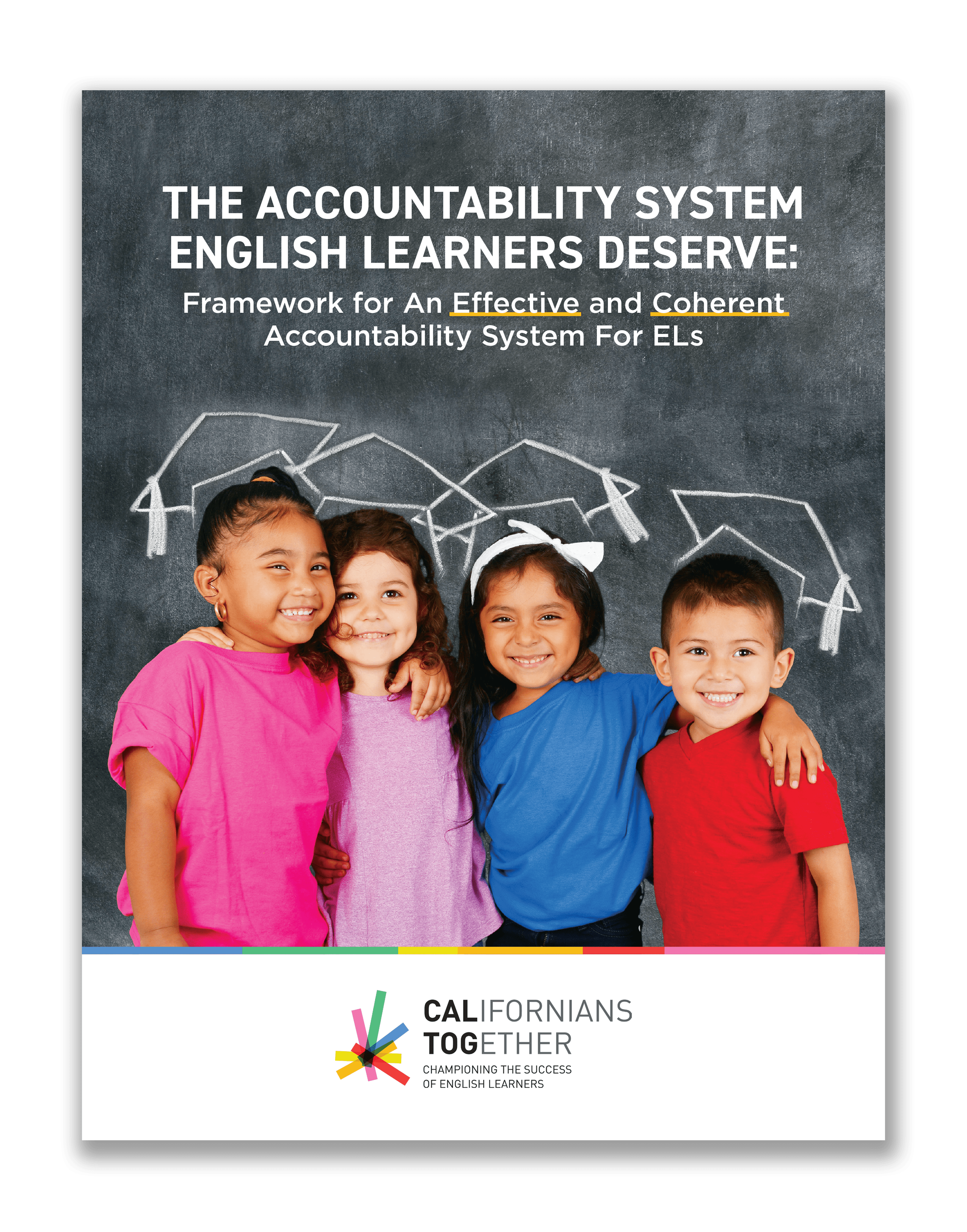
Sign Up for Campaign Updates
The 5 Components Of An Effective And Coherent Accountability System For ELs
Recommendations
We are calling upon the State Board of Education, the State Superintendent of Instruction, and education leaders and policymakers to urgently address the following:
Increase Transparency. Create consistent and transparent definitions of which students are included in the “English learner” category and disaggregate data by the different types of English learners and their program placement.
Set High Expectations. Set high expectations for EL achievement and biliteracy and ensure assessments to measure these expectations are in place. The expected growth for English language development and academic achievement must be aspirational and the California Spanish Assessment needs to be parallel to the English Language Arts assessment to demonstrate biliteracy.
Proactively Close Gaps. Require that LEAs develop differentiated goals and growth targets for subcategories of ELs and establish a work group to focus on the threats to access and equity for English learners as a result of the COVID-19 era.
Support for the Accountability Framework
Californians Together along with the undersigned partner organizations, call upon California’s leadership—the State Board of Education, State Superintendent of Public Instruction Thurmond, and the legislature—to step up and finally build the accountability system that ELs deserve, and that will serve our state’s goals of equity and quality education for all.




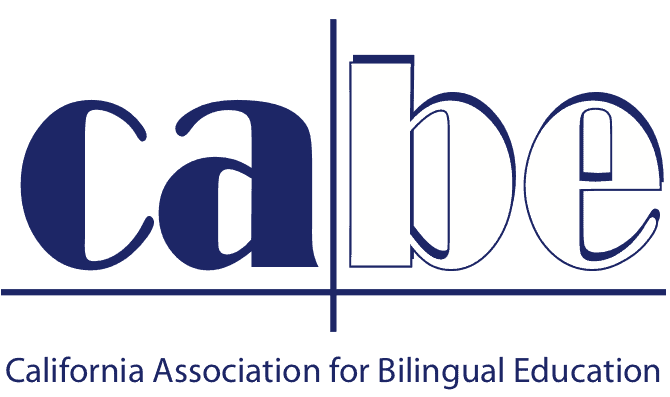

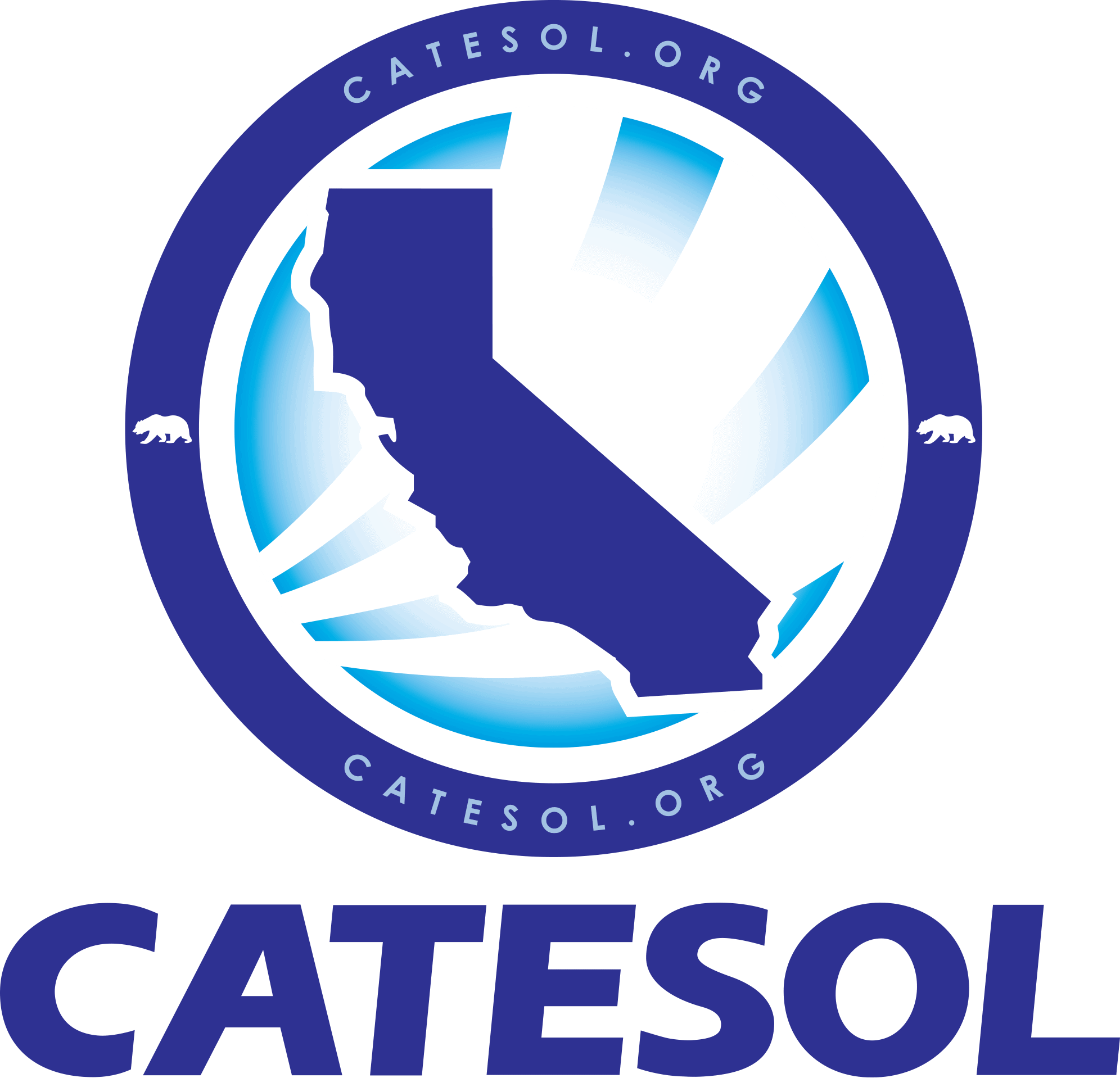
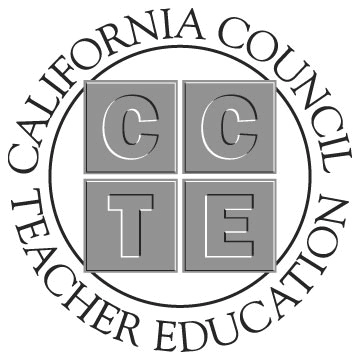
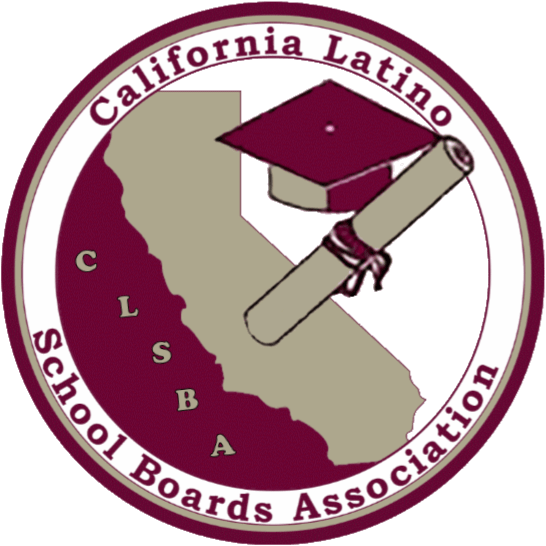
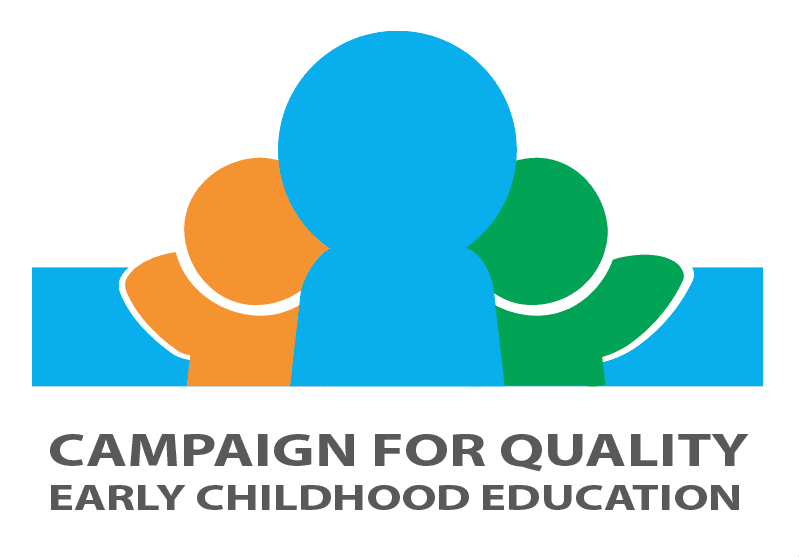


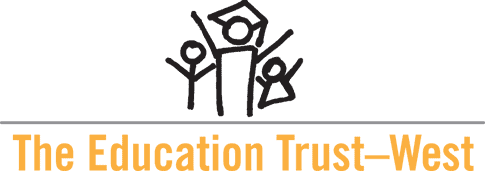
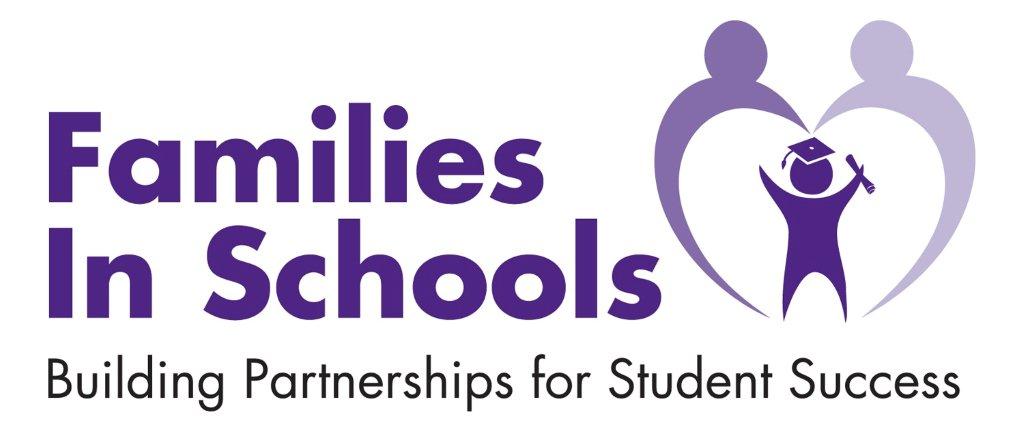

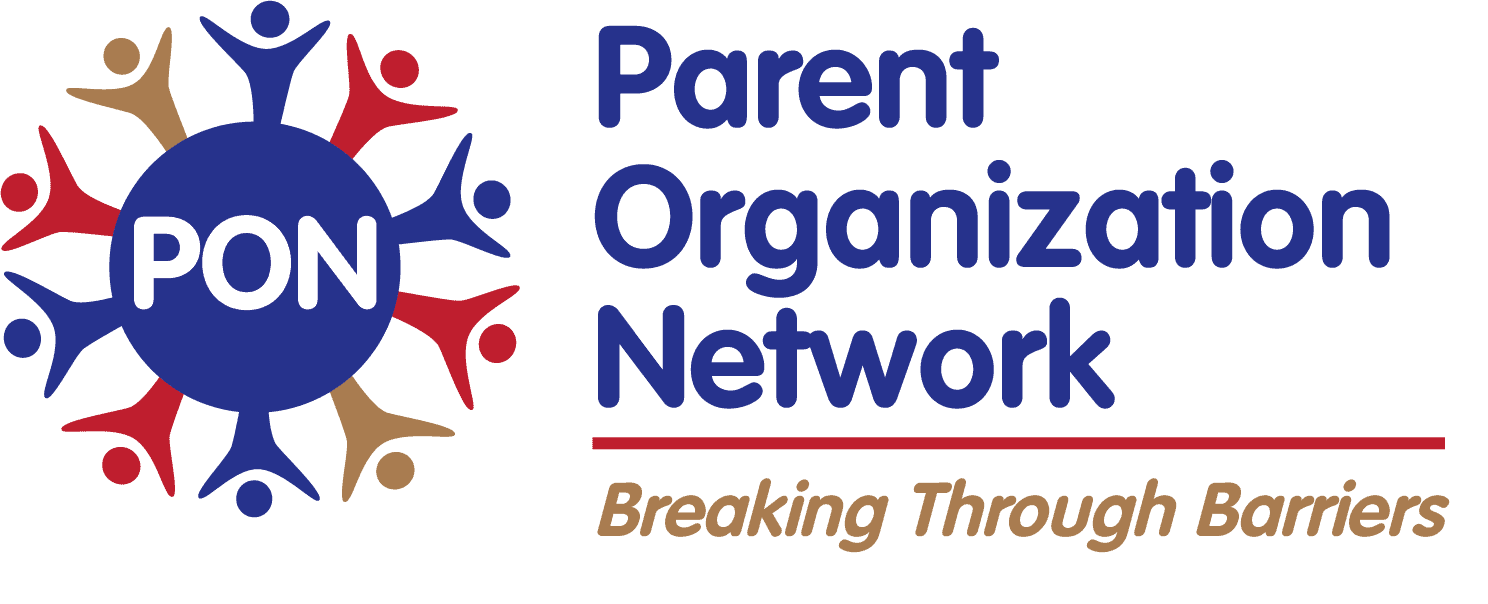
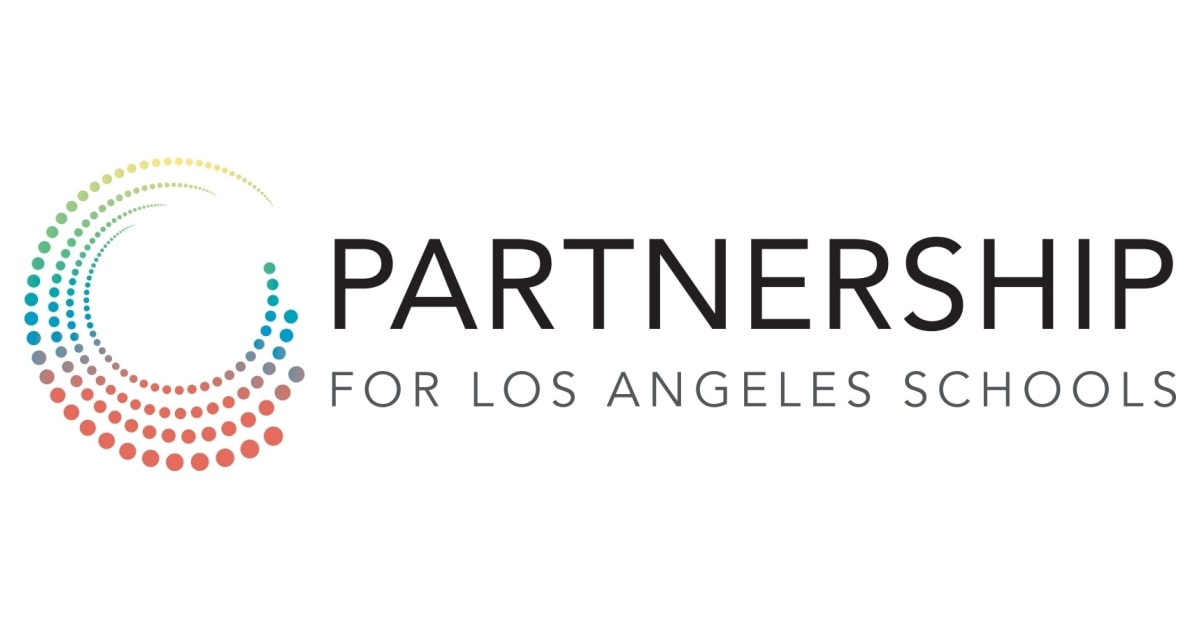



Want to add your name or your organization's name in support of the Accountability Framework?
It's simple! Just click the button to access our sign up form. You'll even get an opportunity to leave a testimonial and tell us why you support the campaign.